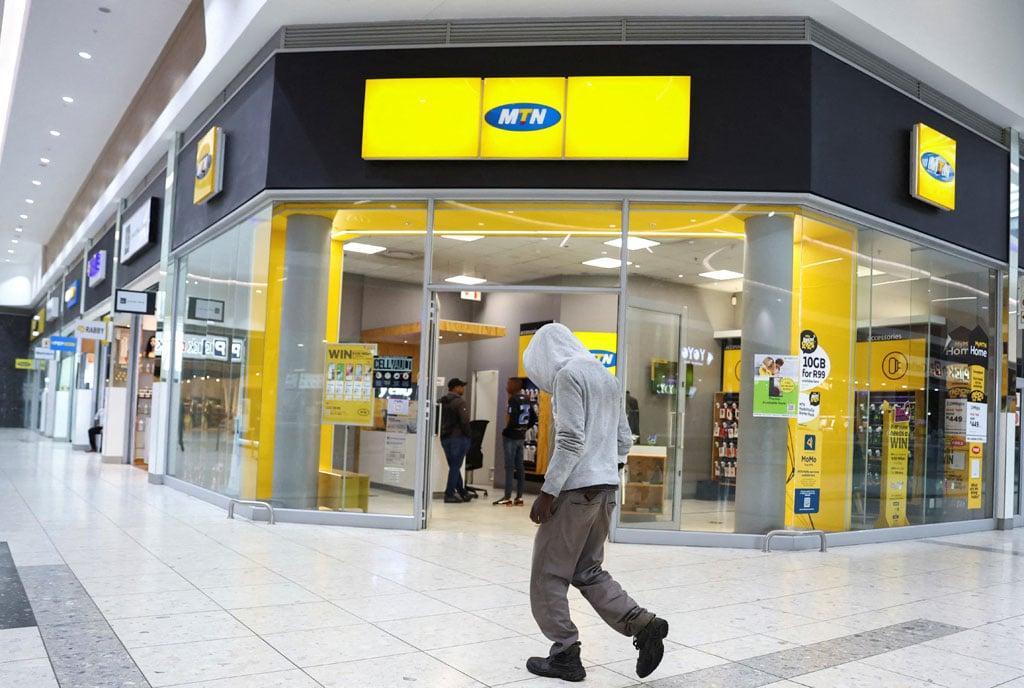Africa-Press – Eswatini. African consumers are heavily choosing products from global brands over those from domestic ones, with the latter finding it difficult to gain the trust of its consumers who exhibit high levels of confidence but lowered brand loyalty, new market data shows.
The latest Brand Africa 100 report, a consumer-led survey, that was released in May reveals that despite the fact that 64 percent of Africans express confidence in the continent’s future, they are giving modest loyalty to their own brands, which still lags at 14 percent.
Brand Africa 100 report data shows that the top twelve most admired firms on the continent are all foreign and dominate the sports and fitness, telecommunications, beverages, electronics and apparel retail, as they woo the continent’s growing population.
“Clearly, the resilience and dominance of non-African brands in the 13-year history of the Brand Africa study seem to indicate that “Made in Africa” doesn’t carry as much sway as Made for Africa,” it adds.
Dominant firms in Africa include Nike, Adidas, Samsung, Coca Cola, Apple, Gucci, Zara and Toyota. Others are TECNO, Puma, MTN, LG and Pepsi.
South Africa’s MTN is the most admired African brand, according to the market survey, while Kenya’s Equity Group has leapfrogged traditional banking giants to become the most admired financial services brand.
In the top ten, there are no Ugandan indigenous firms but only subsidiaries of global brands like MTN, DStv, Jumia and Azam Group, respectively.
Other continental brands such as Nigeria’s Dangote, Zambia’s Trade Kings and South Africa’s DStv also feature prominently in the rankings.
Some marketing analysts note that it could take time for newer African brands to build similar levels of loyalty and heritage because they might not yet have the capacity to compete with established global brands in terms of price, quality and availability.
But Thebe Ikalafeng, the founder and chairman of Brand Africa, is optimistic that “creating an enabling environment for African entrepreneurs and the African Continental Free Trade Area could increase the African share.”
However, Brand Africa points out that “in addition to marketing and PR firms, African brands themselves must actively pursue customer connections and provide their clients with memorable experiences.”
“Non-African brands continue to dominate Africa with offerings that respond to emotional and functional needs of Africans better than do their African counterparts – through the integration and adoption of local languages, lifestyle and culture into their global products,” the report suggests.
For instance, the Advertising Regulatory Council of Nigeria has declared that “all advertisements, advertising, and marketing communications materials targeted or exposed on the Nigerian advertising space are to use only Nigerian models and voice-over artists.”
“This is an admirable intervention – but does not necessarily create an advantage for local brands which do not have the leverage or investment to compete with established non-African global brands,” Ikalafeng notes.
He adds: “By going beyond their functional category strength to solve social issues – as Orange is doing with its Orange Energy solar kits to alleviate electricity access challenges – non-African brands have entrenched their utility and relevance to Africans.”
Brand Africa marketing analysts also point out that players in the last seven Africa Cup of Nations (CAF) football championships wore either Nike, Adidas or Puma branding—three of the most coveted brands that their new report has in the top five admired ones.
But over the last 15 years, the competition has been sponsored by either TotalEnergies or Orange, indicating these brands’ dominance at the core of Africa’s most accessible and well-liked sport.
Same with Unilever. Its brand campaigns “are rooted in local insights.”
In honor of World Jollof Day, which credits the well-known African rice dish that is cherished in West Africa, it brought together chefs, food critics, and over 5,000 customers under the Knorr brand.
Per the report, the strategies of non-African brands are clearly rooted in Nelson Mandela’s advice, ‘if you talk to a man in a language he understands, that goes to his head. If you talk to him in his language; that goes to his heart.’
However, the challenge facing African brands is manageable, the report notes, because the most successful non-African brands were once regional brands, as demonstrated by companies like Dangote, MTN, and Ethiopian Airlines, which demonstrate that Africa is capable of creating strong brands that transcend national boundaries.
The Brand Africa 100 report usually draws focus on 32 African nations, which together account for over 85 percent of the continent’s 1.2billion people population and GDP.
For More News And Analysis About Eswatini Follow Africa-Press







